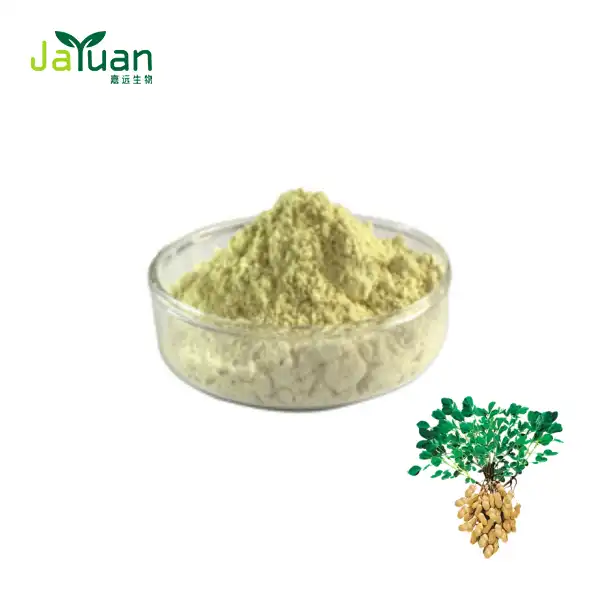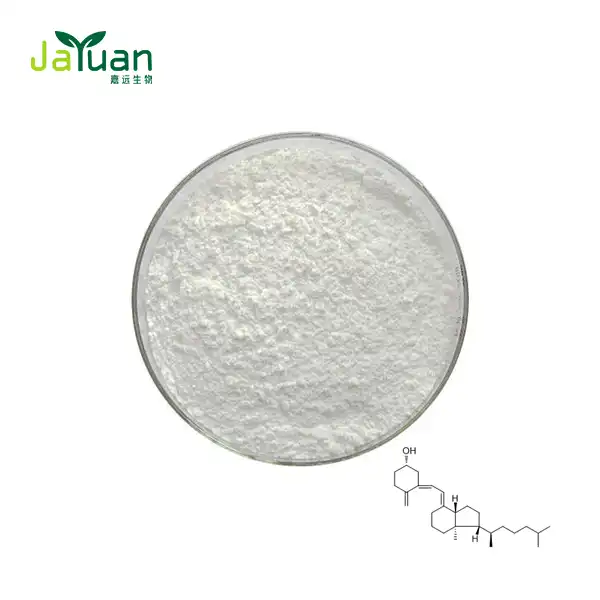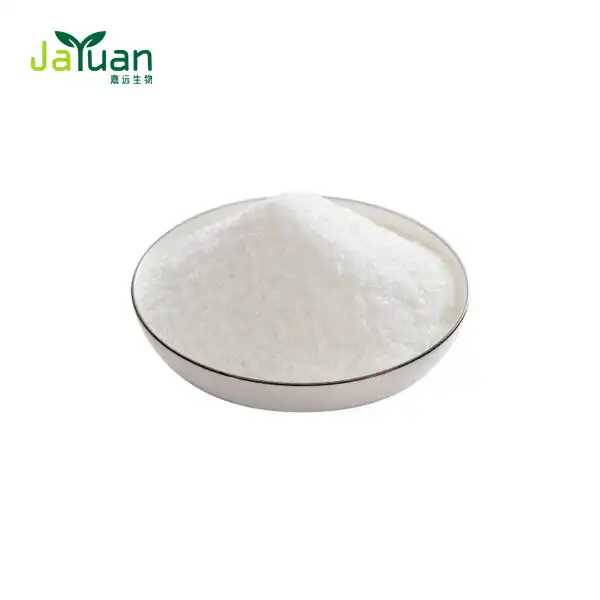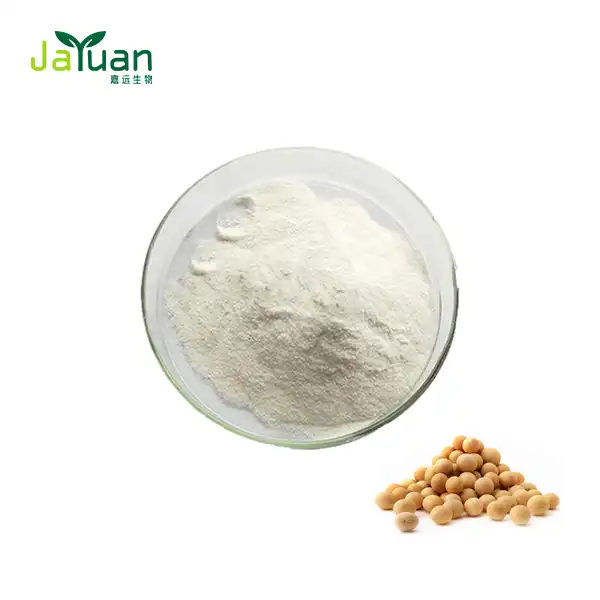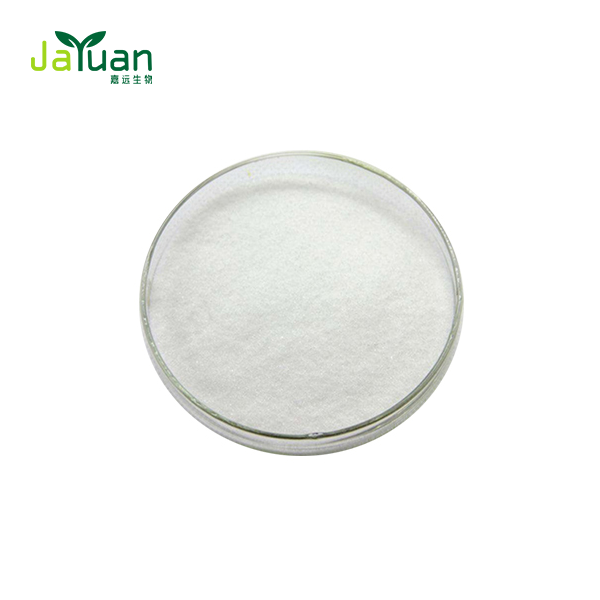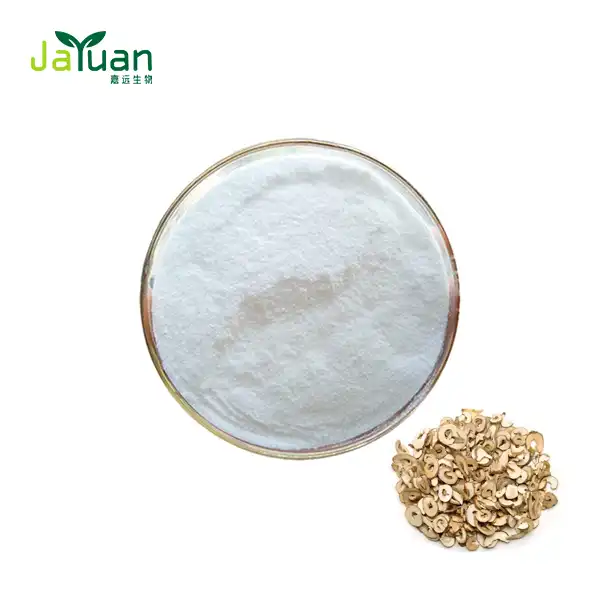How to extract beta carotene from carrots?
Beta carotene, the vibrant orange pigment found abundantly in carrots, has captured the attention of health enthusiasts and scientists alike. Our bodies convert this powerful antioxidant into vitamin A, which has numerous health benefits, including supporting eye health and improving immune function. But have you ever wondered how this golden nutrient is extracted from its carrot home to become the versatile Beta-Carotene Powder used in various industries? Let's dive into the fascinating world of beta carotene extraction!

Understanding Beta Carotene: Nature's Golden Nutrient
Beta carotene is a powerful antioxidant and a precursor to vitamin A, essential for maintaining healthy vision, skin, and immune function. Extracting beta carotene from carrots can be done through several methods, each aiming to efficiently isolate this valuable nutrient.
- Preparation: Begin by thoroughly washing and peeling fresh carrots. This removes any surface dirt and residues that could affect the purity of your extraction.
- Cut and Blend: Chop the carrots into small pieces to increase the surface area for extraction. Blend these pieces in a high-speed blender to create a smooth carrot puree.
- Extraction: Transfer the carrot puree into a large bowl. Add a solvent such as ethanol or acetone, which helps dissolve the beta carotene from the carrot tissues.The mixture should be thoroughly stirred before being left to sit for several hours, with occasional stirring to speed up the extraction process.
- Filtration: After the soaking period, filter the mixture using a cheesecloth or a fine mesh strainer to separate the liquid extract from the solid carrot residues. The liquid contains the dissolved beta carotene.
- Evaporation: To concentrate the beta carotene, gently heat the liquid extract to evaporate the solvent. This should be done carefully to avoid degrading the beta carotene.
- Purification: Finally, purify the concentrated extract using chromatography or other separation techniques to isolate beta carotene from other compounds.
The Extraction Process: From Carrot to Concentrate
Extracting beta carotene from carrots is a meticulous process that combines traditional methods with modern technology. Here's a step-by-step breakdown of how Beta-Carotene Powder is typically produced:
- Selection and Preparation: The process begins with carefully selecting high-quality carrots. These carrots are thoroughly washed, peeled, and cut into small pieces to increase the surface area for extraction.
- Drying: The carrot pieces are then dried to remove excess moisture. This step is crucial as it concentrates the beta carotene content and prepares the carrots for extraction.
- Solvent Extraction: The dried carrot pieces are mixed with a food-grade solvent, often hexane or ethanol. This solvent helps to dissolve and extract the beta carotene from the carrot matrix.
- Filtration: The mixture is then filtered to separate the liquid extract (containing the beta carotene) from the solid carrot residue.
- Solvent Removal: The solvent is carefully removed from the extract, typically through evaporation under controlled conditions to preserve the beta carotene.
- Crystallization: The concentrated extract is then cooled, allowing beta carotene crystals to form.
- Separation and Drying: These crystals are separated from the remaining liquid and dried to create the raw beta carotene powder.
- Purification: Depending on the intended use, the powder may undergo further purification steps to increase its concentration and remove any impurities.
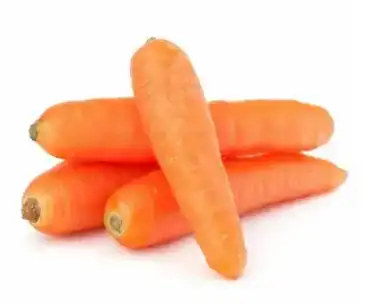
Applications and Benefits of Beta-Carotene Powder
The versatility of Beta-Carotene Powder makes it a valuable ingredient across multiple industries:
- Food Industry: Beta-Carotene Powder is widely used as a natural food coloring agent, adding an appealing orange hue to products like margarine, cheese, and fruit juices. It also serves as a nutritional fortifier in various foods.
- Dietary Supplements: As a precursor to vitamin A, pure beta carotene powder is a popular ingredient in multivitamins and targeted supplements for eye health and immune support.
- Cosmetics: The antioxidant properties of beta carotene make it a valuable addition to skincare products, where it can help protect against UV damage and promote healthy-looking skin.
- Animal Feed: Pure beta carotene powder is often added to animal feed to improve the nutritional content and enhance the color of products like egg yolks.
The benefits of Beta-Carotene Powder extend beyond its vitamin A potential. Research suggests that beta carotene may have additional health benefits, including:
- Supporting cardiovascular health
- Enhancing cognitive function
- Protecting skin from sun damage
- Potentially reducing the risk of certain types of cancer (though more research is needed in this area)
Despite the many benefits of Beta-Carotene Powder, such as its antioxidant properties and its role in supporting eye health, it is crucial to consult your doctor before starting any new supplement regimen. This precaution ensures that the supplement is appropriate for your individual health needs and won’t interfere with any existing medications or conditions.
The fact that beta carotene can be extracted from carrots demonstrates how modern food science can concentrate nature's nutrients. This process shows how natural ingredients can be changed to meet a variety of industrial and health needs, from the humble carrot to the versatile Beta-Carotene Powder.
The significance of quality in the extraction and production processes cannot be overstated as we continue to investigate the potential of nutrients derived from plants. Products like Beta-Carotene Powder meet the highest quality and efficacy standards thanks to pioneering businesses like Xi'an Jiayuan Bio-Tech.
Reach out to the professionals if you want more information about bulk beta carotene powder or other plant extracts. Contact Xi'an Jiayuan Bio-Tech at sales@jayuanbio.com for inquiries about high-quality plant extracts or additional information. You can learn more about the world of plant extracts and find the best solutions from their team of experienced professionals.
References
1. Rodriguez-Amaya, D. B. (2010). Quantitative analysis, in vitro assessment of bioavailability and antioxidant activity of food carotenoids—A review. Journal of Food Composition and Analysis, 23(7), 726-740.
2. Saini, R. K., Nile, S. H., & Park, S. W. (2015). Carotenoids from fruits and vegetables: Chemistry, analysis, occurrence, bioavailability and biological activities. Food Research International, 76, 735-750.
3. Nagao, A. (2014). Absorption and metabolism of dietary carotenoids. Biofactors, 40(1), 91-98.
4. Grune, T., Lietz, G., Palou, A., Ross, A. C., Stahl, W., Tang, G., ... & Biesalski, H. K. (2010). β-Carotene is an important vitamin A source for humans. The Journal of nutrition, 140(12), 2268S-2285S.

